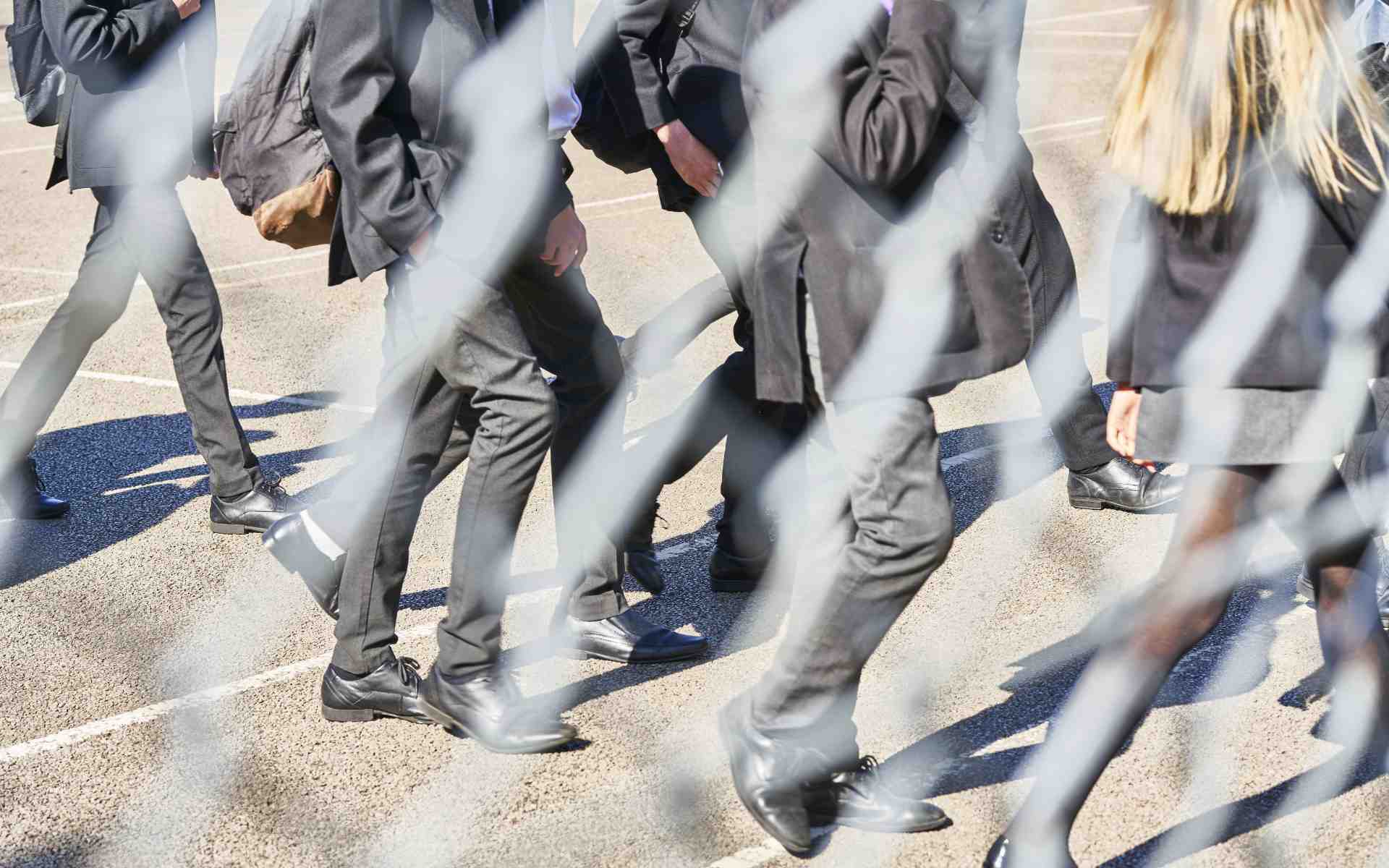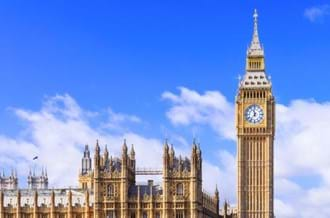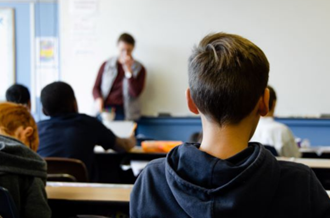“It’s still taboo”: 55% of young people face barriers in accessing mental health support
New data released by Place2Be to launch Children’s Mental Health Week has revealed that more than half (55%) of children and young people in the UK say they face barriers in seeking mental health support.

In a YouGov survey of 1,045 8-16 year olds, and in a series of focus groups, children and young people shared their views and experiences of:
- mental health influences
- barriers to seeking support
- expressing emotion
- feeling heard by adults.
When asked “Which of these usually stop you from asking for help when you are struggling with your feelings?” 55% said something would stop them, including:
- feeling uncomfortable speaking to someone they do not know (29%)
- wanting their struggles to remain a secret (19%)
- being scared about their friends’ reactions (20%)
- being concerned about their families’ response (16%).
Alongside this, 34% respondents said nothing would stop them from seeking support.
Children and young people said “it’s embarrassing to talk about” and they didn’t want to worry others, with one saying “it’s my issue alone and no one else’s burden to carry”. Several others commented “I struggle to put into words how I am feeling”, and “I have difficulty explaining what it feels like”. One child noted “I don’t want to disturb my mum when she is on the computer” whereas another child mentioned “I am worried about how other people around me might react”.
The survey also revealed that children and young people’s top worry was schoolwork and exams (nearly 60%), followed by physical appearance (45%) and climate change (42%). Almost 40% reported worrying about their family not having enough money.
Catherine Roche, CEO of Place2Be, said:
“It is powerful hearing from young people about what they want and need to support their emotional wellbeing. Thousands of children are struggling with their mental health, so this Children’s Mental Health Week we call on everyone to listen to what they’re saying, and act on it. At Place2Be, we know from delivering services in schools for 30 years that providing children with a safe place to be themselves gives them the skills to manage their emotional challenges. Having a space where they can talk in confidence with a trusted, trained mental health professional helps them to feel connected and more likely to stay in education."
During the week, schools across the UK will be taking part in activities and discussions, which can be done inside and outside the classroom. Place2Be’s free resources for the week include:
- video activities,
- top tips developed in partnership with Beano,
- a BAFTA video series featuring stars such as Alex Scott and Gwendoline Christie,
- a Sesame Workshop video featuring beloved Sesame Street character Elmo.
The week will lead to an Express Yourself non-uniform day on Friday 9 February where children and young people in schools will be raising funds for Place2Be.
Dame Rachel de Souza, Children’s Commissioner for England said:
"As Children’s Commissioner, I know how important good mental health and wellbeing is for young people. I am extremely concerned about the mental health of children and young people. Latest NHS statistics show that one in five children has a probable mental health disorder.
"In Children’s Mental Health Week, it is really important that we all stop and listen to what children are telling us about their wants, needs and concerns when it comes to their mental health so we can tackle this issue before it gets even more serious.
"Children often tell me issues with their mental health act as a significant barrier to their overall success, so we all have a role to play in supporting and helping to improve children’s mental health. Only when we all work together will we see meaningful change that will help transform the lives of young people."
News & blogs

New laws expected to bring mental health improvements and school reform
Prime Minister Sir Keir Starmer has given us a glimpse of his priorities for the coming year.
Read more
Solutions for school attendance roundtable unites sector leaders
Place2Be hosted a cross-sector roundtable to discuss the impact of persistent absence and identify practical solutions.
Read more
Place2Be bids farewell to Clinical Director, Dr Niki Cooper
Niki Cooper has been at Place2Be for over two decades. Here, she reflects on her 22 years with the charity.
Read more



